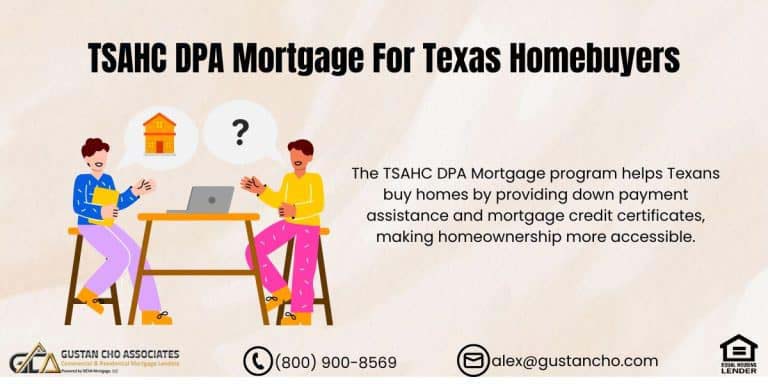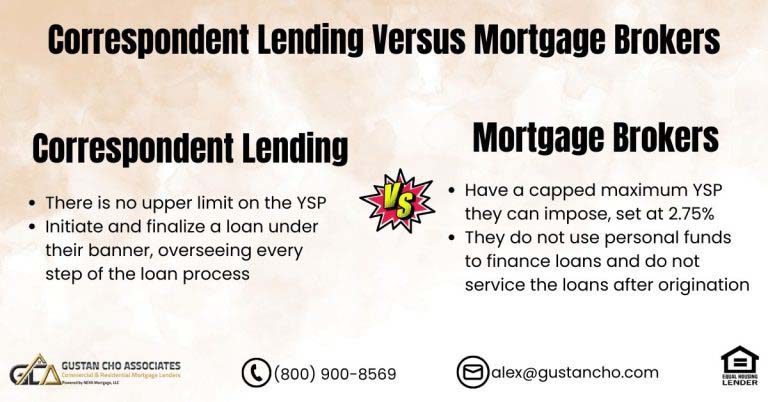This guide covers how to increase credit scores before applying for mortgage. Consumer credit report and credit scores are probably the most important factor that lenders and creditors take into account when applying for credit. Creditors of the mortgage loan, automobile loan, business loan, credit cards, or other types of credit will pull and thoroughly review credit scores and credit payment history as part of their credit approval process.
Poor payment history can have devastating effects and hinder chances of obtaining credit. A low credit score means a loan denial or high-interest rates.
One late payment can plunge credit scores by more than 50 points. No credit is equivalent to bad credit. Bad credit can also mean a job denial or a job promotion opportunity. Bad credit can mean higher insurance premiums. Credit errors on a credit report mean lower credit scores which can cost thousands. I can hinder chances of getting a mortgage loan or other loans.
Tips on How To Increase Credit Scores Before Applying For Mortgage
In the following paragraphs, we will be discussing ways of maximizing your credit scores via some simple tasks. Every consumer should sign up for a credit monitoring service by Equifax, Experian, or TransUnion. For a small monthly fee, consumers get an alert by the credit reporting agencies if there are any changes in the credit report or credit scores. Remember that the impact of these actions on your credit score may vary based on your credit history.
Monitoring your credit score regularly and consulting a financial advisor or mortgage expert for personalized guidance on improving your credit and preparing for a mortgage application is essential.
They are maximizing credit scores before applying for a mortgage loan. A higher credit score helps borrowers qualify for terms and lower mortgage rates. In the following paragraphs, we will cover tips to help mortgage loan applicants improve their credit score before applying for a mortgage.
Speak With Our Loan Officer for Mortgage Loans
Monitor Your Credit Report For Accuracy
Check the three credit reports through AnnualCreditReport.com. Review your credit reports carefully to identify errors, inaccuracies, or fraudulent accounts. Dispute any discrepancies with the credit bureaus. Pay Bills on Time every month. Make timely monthly payments for all your debts, such as credit cards, installment loans, and utilities. Late payments impact credit scores and can be grounds for mortgage denial. Reduce Credit Card Balances: Pay down credit card balances, especially if they are close to or at their credit limits. High credit card utilization hurts your credit score.
Avoid Opening New Credit Accounts
Avoid opening new credit cards or loans in the months leading up to your mortgage application. Each new inquiry can temporarily lower your credit score. Maintaining different credit types, such as credit cards, installment loans, auto loans, and retail accounts, can positively affect your credit score. Don’t Close Old Accounts.
Keeping old credit accounts open can help improve your credit history’s length, which is a factor in your credit score. Pay off collection accounts by doing a pay-for-delete agreement with creditors to remove the negative item from your credit report.
Be Patient in improving your credit before applying for a mortgage. Aim for at least six months to a year of credit improvement efforts. You do not need to hire a credit repair service. If you need assistance managing your debts and improving your credit, contact us at Gustan Co Associates. Consult with a Mortgage Professional: Speak with a mortgage lender or broker early in the process to understand the specific credit score requirements for the type of mortgage you seek.
Credit Card Balances
Common sense says dictates that paying off debts and having a zero credit balance on a credit card should maximize credit scores. However, that is not the case. Little debt on credit balances will definitely maximize credit scores. However, a zero balance on a credit card will not maximize credit scores. It will not hurt or drop credit scores. It will not maximize credit scores due to the credit utilization ratio. Pre-qualify for a loan with low credit score , click here
Credit Utilization Ratio
There is a factor known as your credit utilization ratio. The credit utilization ratio is the percent of credit balance limit on a credit line. A zero balance will not factor into the credit utilization ratio factor. This particular ratio is the percent of credit limit that is being actively used and counts 30% of overall credit score.
How Are Credit Utilization Ratios Calculated
Below is how the credit utilization ratio is calculated: Take available credit balance and divide it by current credit card balance. For example, if the credit card limit is $1,000 and the credit card balance is $900, divide $1000 by $800 and it will yield a factor of 0.80. Then multiply the factor, 0.80 by 100 which yields 80. The lower the factor, the better the results on increasing credit scores. Consumers who had a credit card balance of $100 and a credit card limit is $1,000, the factor will be 10. 10 is lower than 80, thus, having the lower credit card balance will maximize credit scores. This is a great way of boosting and How To Increase Credit Scores Before Applying For Mortgage.
Increase Credit Scores Before Applying For Mortgage: Having Zero Credit Balance
Having a zero credit card balance will yield a credit factor of zero, thus, hurting the borrower’s credit score. $0 divided by $1,000 will yield a factor of zero. Always keep a $10 credit balance on credit card. Remember that the impact of these actions on your credit score may vary based on your credit history. Monitoring your credit score regularly and consulting a financial advisor or mortgage expert for personalized guidance on improving your credit and preparing for a mortgage application is essential.
Impacts of High Credit Card Balances
Lenders, in general, consider those who have high credit card balances a high-risk borrower. They normally want to see consumers have a credit card balance of 30% or less. Having a high credit card balance will definitely lower credit scores. Always keep credit card balances below 10% of the credit limit. If possible, keep credit card balances as low as possible but greater than zero.
Increase Credit Scores Before Applying For Mortgage: Negative Impact of Late Payments
A recent late credit card monthly payment can and will drop credit scores dramatically. One late payment can drop your scores by 30 points or more. In the event consumer had a recent late payment, contact the creditor. See if they can give a one time break and have the late payment not reported to the credit reporting agencies.
Consumers who had a good payment history with their creditor and made payments timely, the creditor will probably give them a one time reprieve.
There are a chance creditors will delete the late payment from the credit reporting agencies. Consumers who had a history of late payments, the creditor will most likely not do it. Talk to us for any issue related to credit score for your loan, click here
Never Close Out Active Revolving Account Is Another Way To Maximize Your Credit Scores
Many consumers have a tendency to closing out active credit card accounts to avoid the urge of using them and not to be in debt. This is not a good way on How To Increase Credit Scores Before Applying For Mortgage.
In closing an active credit account will shorten credit payment history. This holds especially true if they had the credit card for a long time.
The more credit accounts that a consumer have that has been established, the more they maximize credit scores. Even if the consumer has a zero balance and has to pay an annual fee, please keep those credit cards active and do not close them out. However, this practice is detrimental to credit scores. 15% of overall credit scores are determined by the longevity of past credit history.
Credit Inquiries
Credit inquiries can hurt credit scores. Try to avoid applying for credit cards or other credit all at the same time. Consumers who have a dozen inquiries in a month, this will devastate their credit scores. This will alert the creditors that something is wrong and shows that they are desperate. These hard credit inquiries will stay on the credit report for 2 years and will hurt chances of future credit approvals. Try to apply for no more than 4 new credit and keep the inquires as low as possible. The ideal credit accounts a consumer should have is 5 to 10 and a 3 plus year credit history is ideal. Speak With Our Loan Officer for Mortgage Loans
This BLOG On Increase Credit Scores Before Applying For Mortgage Was UPDATED on January 20th, 2024.









